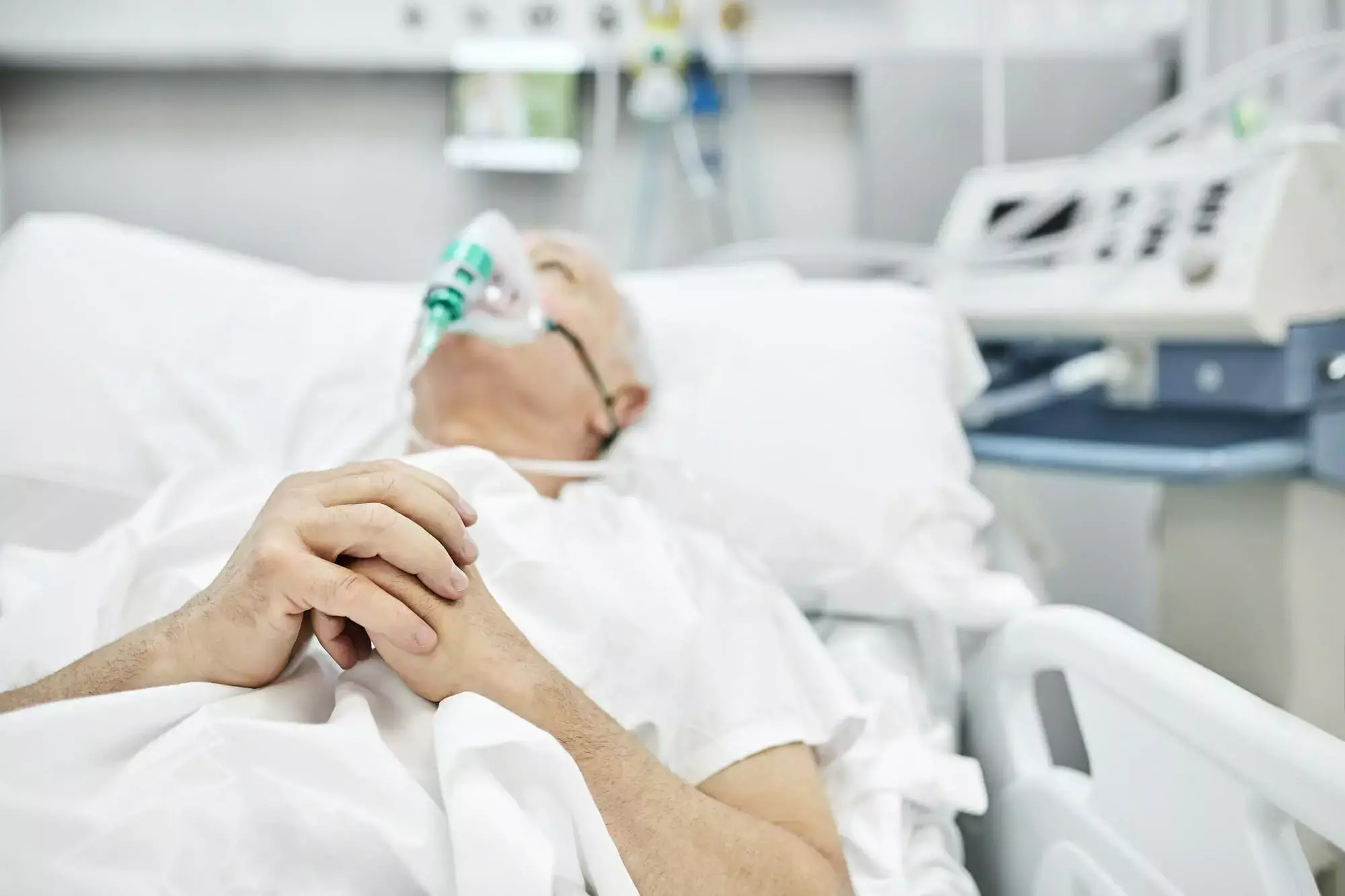- Home
- Medical news & Guidelines
- Anesthesiology
- Cardiology and CTVS
- Critical Care
- Dentistry
- Dermatology
- Diabetes and Endocrinology
- ENT
- Gastroenterology
- Medicine
- Nephrology
- Neurology
- Obstretics-Gynaecology
- Oncology
- Ophthalmology
- Orthopaedics
- Pediatrics-Neonatology
- Psychiatry
- Pulmonology
- Radiology
- Surgery
- Urology
- Laboratory Medicine
- Diet
- Nursing
- Paramedical
- Physiotherapy
- Health news
- Fact Check
- Bone Health Fact Check
- Brain Health Fact Check
- Cancer Related Fact Check
- Child Care Fact Check
- Dental and oral health fact check
- Diabetes and metabolic health fact check
- Diet and Nutrition Fact Check
- Eye and ENT Care Fact Check
- Fitness fact check
- Gut health fact check
- Heart health fact check
- Kidney health fact check
- Medical education fact check
- Men's health fact check
- Respiratory fact check
- Skin and hair care fact check
- Vaccine and Immunization fact check
- Women's health fact check
- AYUSH
- State News
- Andaman and Nicobar Islands
- Andhra Pradesh
- Arunachal Pradesh
- Assam
- Bihar
- Chandigarh
- Chattisgarh
- Dadra and Nagar Haveli
- Daman and Diu
- Delhi
- Goa
- Gujarat
- Haryana
- Himachal Pradesh
- Jammu & Kashmir
- Jharkhand
- Karnataka
- Kerala
- Ladakh
- Lakshadweep
- Madhya Pradesh
- Maharashtra
- Manipur
- Meghalaya
- Mizoram
- Nagaland
- Odisha
- Puducherry
- Punjab
- Rajasthan
- Sikkim
- Tamil Nadu
- Telangana
- Tripura
- Uttar Pradesh
- Uttrakhand
- West Bengal
- Medical Education
- Industry
Lung transplant improves irreversible respiratory failure outcomes in COVID-19 patients: JAMA

A recent cohort study sheds light on the outcomes of lung transplants as a life-saving therapy for patients facing irreversible lung damage caused by COVID-19. Panagiotis Tasoudis and team delved into the United Network for Organ Sharing database, examining data spanning from March 2020 to August 2022.
Out of 385 patients who underwent lung transplants, 195 had COVID-19-related ARDS and 190 had COVID-19-related pulmonary fibrosis. The study's findings revealed intriguing insights. The rates of acute rejection were found to be 8.7% for the ARDS group and 8.6% for the pulmonary fibrosis group, indicating the body's tolerance of the transplanted lungs.
Crucially, the study's survival rates paint a hopeful picture. The one-month survival rates were impressively high, at 99% for ARDS patients and 96% for pulmonary fibrosis patients. These rates remained encouraging at the six-month mark, with 95% and 92% survival rates respectively. At the one-year milestone, the survival rates stood at 88% for ARDS patients and 84% for pulmonary fibrosis patients.
The research also highlighted some factors influencing outcomes. Donor history played a role: patients receiving lungs from donors with an extensive smoking history faced worse survival rates in the ARDS group. In the pulmonary fibrosis group, recipient characteristics like being female, having a male donor, and a high recipient body mass index were associated with lower survival rates.
This study's significance lies in its contribution to our understanding of lung transplant outcomes for COVID-19 patients. The promising survival rates suggest that this therapeutic avenue can be a viable option for individuals facing irreversible lung damage due to COVID-19. Furthermore, the study revealed that lung transplant outcomes were comparable between COVID-19 patients and those with other pretransplant causes, emphasizing the generalizability of the findings.
As the medical community continues to grapple with the aftermath of the COVID-19 pandemic, these insights provide hope for patients and medical practitioners alike. Lung transplantation, once a last resort, is emerging as a potential life-saving measure, opening doors for those who would otherwise face insurmountable lung damage.
Reference:
Tasoudis, P., Lobo, L. J., Coakley, R. D., Agala, C. B., Egan, T. M., Haithcock, B. E., Mody, G. N., & Long, J. M. (2023). Outcomes following lung transplant for COVID-19–related complications in the US. JAMA Surgery. https://doi.org/10.1001/jamasurg.2023.3489
Neuroscience Masters graduate
Jacinthlyn Sylvia, a Neuroscience Master's graduate from Chennai has worked extensively in deciphering the neurobiology of cognition and motor control in aging. She also has spread-out exposure to Neurosurgery from her Bachelor’s. She is currently involved in active Neuro-Oncology research. She is an upcoming neuroscientist with a fiery passion for writing. Her news cover at Medical Dialogues feature recent discoveries and updates from the healthcare and biomedical research fields. She can be reached at editorial@medicaldialogues.in
Dr Kamal Kant Kohli-MBBS, DTCD- a chest specialist with more than 30 years of practice and a flair for writing clinical articles, Dr Kamal Kant Kohli joined Medical Dialogues as a Chief Editor of Medical News. Besides writing articles, as an editor, he proofreads and verifies all the medical content published on Medical Dialogues including those coming from journals, studies,medical conferences,guidelines etc. Email: drkohli@medicaldialogues.in. Contact no. 011-43720751


